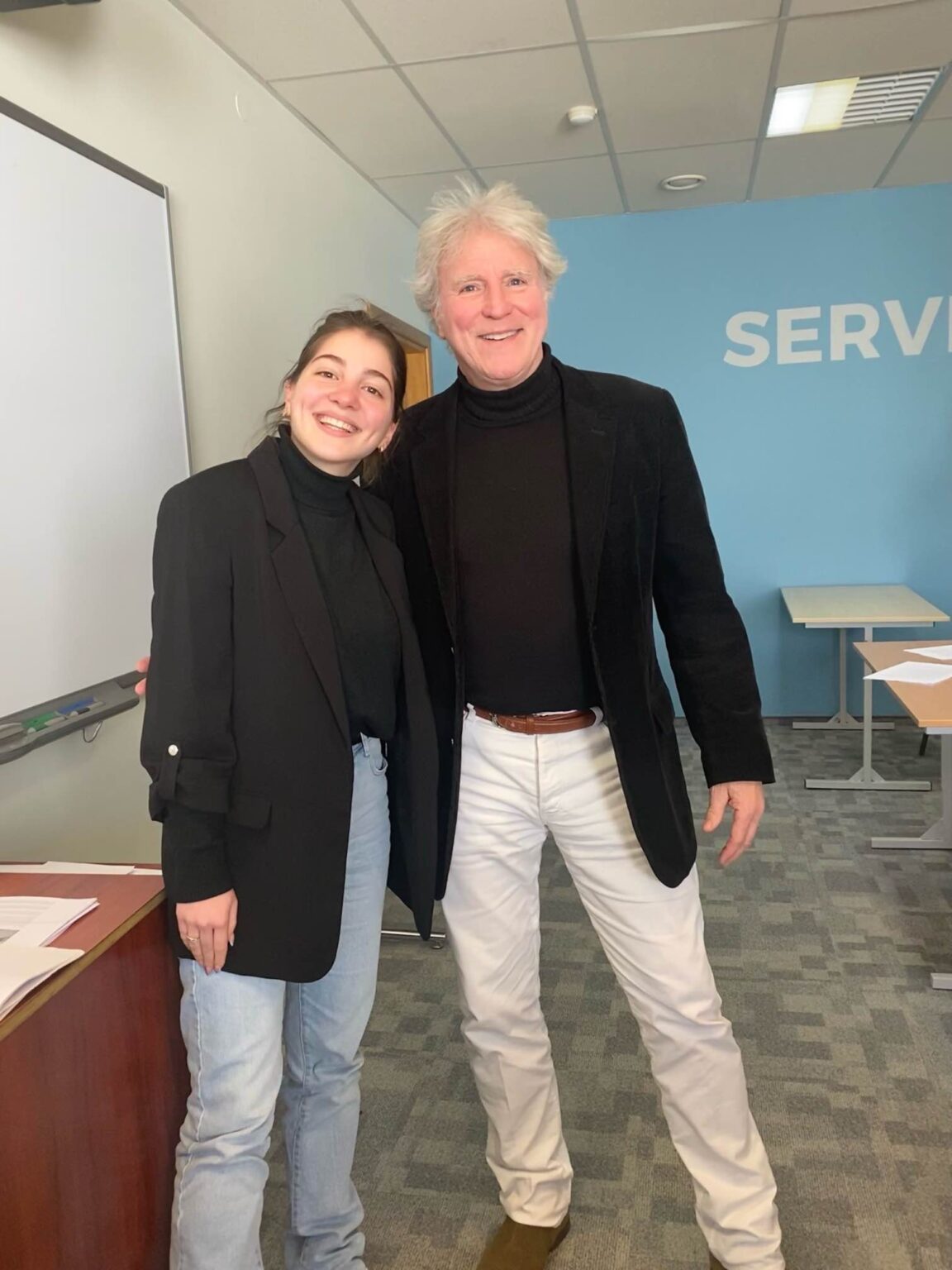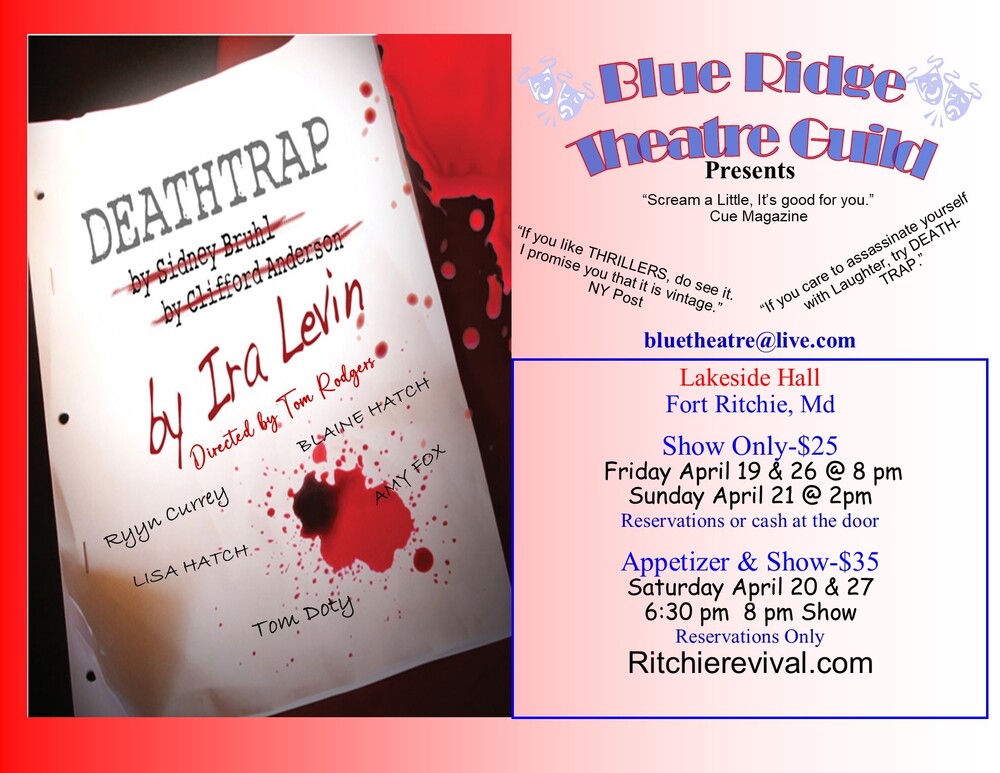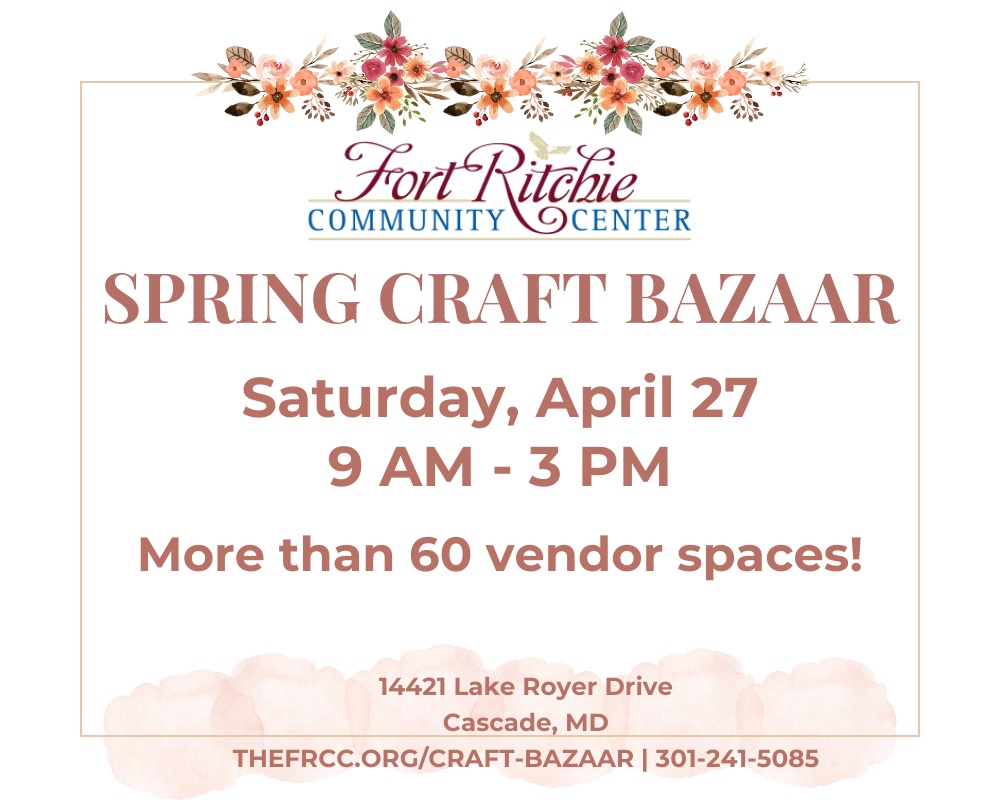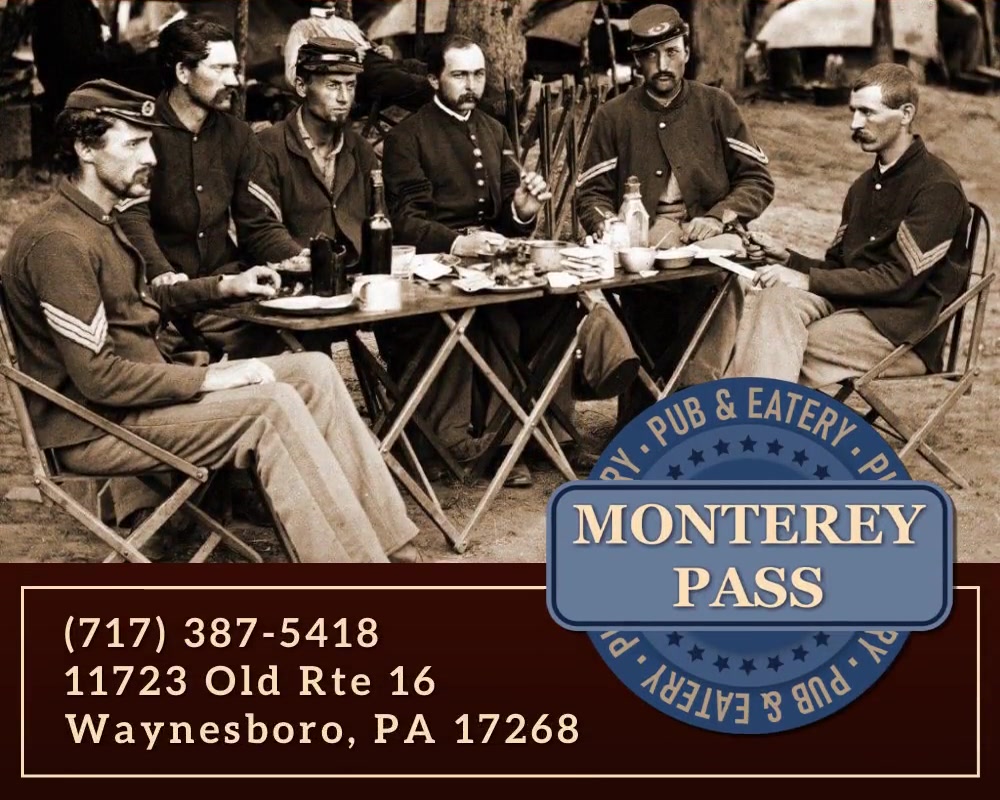BY MICHAEL RAY SMITH
KLAIPEDA, Lithuania—The sky above campus only recently remembered to unfold into a dramatic blue just in time for the onset of summer classes at LCC International University.
Classes, curriculums and credits continue in a country bordered by a Russian satellite, Belarus, that is part of the Russian plan to control Ukraine, the country just to the south.
Despite the Russian invasion of Lithuania’s neighbor, life in Klaipeda goes on as normal, with students enrolling in summer classes where I teach at LCC International University — home to 780 students from nearly 60 countries, including Belarus, Ukraine, Latvia, Georgia, Poland, Hungary, Romania, Russia and others. Twenty-five percent of the students are from Ukraine.
When the war broke out in late February, students dropped by for face-to-face conferences to discuss their work and their futures. The undercurrent of chatter was and is the shock of Russia’s intrusion Ukraine, a huge country that is about the same size as Texas and considered the crossroads between Europe and Asia.
Klaipeda is the third largest city in Lithuania, a country of about 3 million. The state of Maryland has twice the population of Lithuania.
Klaipeda is a port city where the Baltic Sea meets the Danė River. The beaches, just a couple of miles from LCC, are full in the summer and these days more and more people are venturing to the Baltic to enjoy the sun or a stroll on a long boardwalk that snakes between sand dunes and skirts a pine forest.
For most of the spring semester I lived in a Russian-style apartment that included a living room, kitchen, bedroom and a toilet in a closet. Visitors to my apartment remarked on the appearance of the floor-to-ceiling shelve units and the salmon-colored drapes.
“It looks like my grandmother’s house when Lithuania was under Russian occupation,” one Lithuanian friend said with wonder. In early May I returned to my house near Gettysburg and truly missed the rhythm of Klaipeda and the guarded caution of Lithuanians.
The Baltics, including Lithuania, were annexed by the Soviet Union in 1940 and Lithuania was the first of these countries to declared independence in 1990. We celebrate freedom and independence in January and February.
With daily reports of Russia battering nearby Ukraine, Lithuanians are calling Russian President Vladimir Putin a bandit and much worse. With the communist-influenced Belarus to Lithuanian’s southern border, Lithuania is now home to more than 11,000 Ukrainian refugees, according to Lithuania’s Ministry of Interior. Residents here are counting on NATO to prevent Russia from trying to occupy Lithuania again but they are nervous that history may repeat itself.
Amid these grim reports, summer university classes are underway.
Anastasia, whose name means resurrection, was one of my 100 students during the spring 2022 semester. She is a tall woman dressed in the typical fashion of Lithuania —black blazer, black leggings and black combat boots. I only recently began to recognize her after months of face masks. As we chatted in my crowded office, home to four professors, I noticed Anastasia’s eyes appeared wet despite the green eye makeup.
“My father is a veterinarian,” she said. “He’s 45, but he’s been called up to fight for the Russians. He has no choice.”
We prayed together, a somewhat rare occurrence between students and professors.
Soon, another student arrived, this one from Ukraine. We reviewed her work, and then we chatted about her family.
“We live about 100 kilometers (62 miles) from the Russian border,” she said. “My parents are trying to plan for a place to hide the babies. They think a basement may be the safest place.”
Her soft voice — so young, so sad — made my eyes well up. I tried to hide the tears, and finally, I asked if I could pray — again.
“Yes, of course,” she said, adding, “I am not religious.”
Then Jawed, a Muslim from Afghanistan, dropped by. He speaks excellent English and was quick to laugh and offer help with a cell phone app that was troubling me.
“Let me do it, Professor,” he said. His family is in a shelter in a remote village of Afghanistan: “I haven’t heard from them in a week. They had to leave their home because of the Taliban.”
The students at LCC are resilient like the crow. They continue to work on their degrees. They come to class and rarely take off their coats, even as summer pokes its way through the clouds. They keep their feelings to themselves until asked, and then they politely tell of the pain in a matter-of-fact way.
After a class, they leave and regularly thank professors for the interaction. Near the end of the spring semester one woman, who wore purple-framed eyeglasses and a stubby pony tail, wanted to talk about her research. She said her family lives in a dangerous part of Ukraine — lives with anxiety — but managed to ask, “But how are you?”
I felt stupid. My feet hurt from working out in cheap tennis shoes.
“I am good,” I said, my eyes filling up for the third time in an hour. I showed her the blue and brown trainers.
“What size?” she asked.
“45 (a U.S. 10.5).”
She laughed. “Big like my father’s,” she said.
Early in the war, Robin Mubarik of Pakistan, known at LCC for his student leadership, sought out his former Ukrainian roommate in a university lobby.
“He asked me how I was doing but before I could answer, he said, ‘My sister is in Ukraine with my grandmother, and my grandmother doesn’t know what to do.’” The roommate had planned to visit the family in early March and tried to fly out in early February, but all the commercial flights from Lithuania to Ukraine were canceled, Mubarik said. As he talked, Mubarik pointed to his shirt representing the colors of the Ukrainian flag.
For a while the big-screen TV in the campus lobby played updates with a gaggle of students, professors and staff listening to the broadcasts. No one talked. Before long, the broadcasts led to too much distress so the receptionist turned it off.
Ukrainian students and Russian students weren’t talking much either. Kris, a Russian student who wore a baseball cap, isn’t embarrassed about the invasion, he said. He’s just worried about his family, who are within 60 kilometers (37 miles) of the Ukrainian border.
Maryna, another student from Ukraine dressed all in black, recently began her day in tears over the fear of what will be as long as war continues. She said the reports of war make her cry and wondered how many more of her countrymen will die.
One of our top students, a woman from Kyiv, dropped out of the spring semester and I haven’t been able to contact her in 12 weeks. Another of my senior students left campus to join the Ukrainian army.
I dropped him a note on email in late April and he responded. “Thank you. I appreciate it,” the note said simply.
While public prayer is rare, Professor Shane Crombie, a Roman Catholic from Ireland, met with students in one of my classes during the early part of the war and offered a famous message from St. Francis of Assisi: “Lord, make me an instrument of your peace: Where there is hatred, let me sow love; where there is injury, pardon; where there is doubt, faith; where there is despair, hope; where there is darkness, light; where there is sadness, joy.”
A writer I know who grew up in Siberia said it makes sense for Ukraine to belong to Russia and the United States is an imperial busybody.
“Americans don’t understand Russia,” she said. “No offense to you, but Americans barely understand the rest of the world.”
In a class that explores the development of journalism in the West, students talked about misinformation and the problems with audiences that don’t seem to understand that state news is often distorted.
I suggested a different view, saying, “Audience aren’t so easily fooled by messages from mass media.”
Yaraslau of Belarus, a tall student with an explosion of blond hair, guffawed like a donkey and snorted, “You don’t understand Russia.”
Other seniors had similar expressions and participated in a small convenience poll designed to help build a scientific survey for the fall semester.
• A student from Belarus noted, “I am following Radio Liberty (Belarusian edition) to see what is going on. Radio Liberty is independent from Belarusian regime and has no interest in supporting the aggressors.”
Funded by the U.S. government, Radio Free Europe/Radio Liberty broadcasts news, information, and analysis to countries in Eastern Europe and elsewhere.
• A student from Ukraine said of Russia, “The state media is lying constantly.”
• Another student from Ukraine noted, “I am a Ukrainian and have seen many fake news told by Ukrainian reporters themselves. I am not sure about the reason behind them but probably to induce hate towards Russians.”
• News from Russia “is not true at all,” a student from Belarus said, adding she relied on a source in her home country. “I could say that the best source of the news is independent one. I am reading Belarusian independent news source called TUT.BY,”she said.
• An Armenian student doesn’t trust news in general, saying, “I get information from several sources but in my opinion, all the sources are biased in their own way. I am trying to avoid Russian or Ukrainian sources, and I get information from international sources.”
• Another Armenian student had a similar opinion. “I read both-Russian and international sources but, in my opinion, all the sources are biased at this point so you need to be really picky. I am trying to compare and understand which of them is more reliable and so far, it is best to read international news and avoid Russian news.”
• A student from Moldova said only non-governmental news can be trusted but she didn’t elaborate.
• A Russian student who says he was born in Lithuania praised the BBC and Twitter feeds from independent sources but added, “A lot of Russian-based sources misrepresent, misinform and further mislead their readers/viewers in this media propaganda war – they should not be trusted and any news originating from Russia should be evaluated carefully,” he said.
• However, a student from Russian, countered, “I trust either Ukrainian sources or a few independent Russians ones that have proven themselves worthy to me in recent years.” She added, the worst source for news: “The ones that portray Russians as victims.”
• A student from Kyrgyzstan had a slightly different take. “Since much of the Russian population is convinced that this a righteous war, I would imagine that Russian-based news contains a high degree of propaganda.”
• A fashion-oriented student from Ukraine said the TV news in Russia is absurd. “I speak Russian and watch their propaganda sometimes. Since the start of the war, Russian news has changed their narrative dozens of times.”
• A Lithuanian student who loves talking about animation said, “Since the Russian-based news were lying before, why should I continue watching them? Interesting that Vladimir Putin was a KGB officer, so it means that whatever he says is an operation of disinformation. Same with Russian-based news.”
• Another Lithuanian student said she didn’t trust any news.
• A student from Albania only reads Ukrainian President Vladimir Zelensky’s Instagram posts for his diet of news.
• “Appalling lies,” said the Ukrainian editor of LCC’s student press. “In fact, bad lies that don’t match up with each other.”
• A student from Israel called the Russian news narratives ridiculous. “It’s even funny to watch the nonsense they narrate.”
LCC is a novel, faith-based university that brings Russians, Ukrainians and many others together to learn and interact. We have an entire program built on peace studies. This university may be the best crucible for learning another person’s heartbeat in the entire world, and I am honored to be part of it.
Walking down a hall at our university is a testament to the languages heard daily in the United Nations. The difference: Faculty, students and staff seek unity without seeking uniformity.
While public prayer is not seen often, student groups join faculty and others and intercede for students and families from all over who are suffering. One Ukrainian who recently spoke at a church just a few blocks from the sea asked for prayer for Ukrainians and Russians, adding, “My God make a miracle.”
Student leaders such senior Illia Tkachenka and others collected tons of supplies for Ukrainian relief. These days his group created a web page for donations to buy insulin for Ukrainians. https://gofund.me/f64f77cb
Tkachenko said he is hopeful the web site would raise 5,000 Euros to purchase 700 doses of insulin for Ukrainians. By early May, the initiative raised more than 1,600 EUR to purchase more than 230 doses of insulin.
LCC also is involved in relief programs and the leadership works hard to highlight the student relief achievements, promote ongoing relief efforts and do what it can to end the war. LCC president Marlene Wall noted that 164 Ukrainians, are scheduled for classes during the summer at LCC to learn to speak Lithuanian, this in addition to the usual summer camps and a summer language course with 200 students.
On the quad of LCC, crows the size of feral cats, dart back and forth to the nearby Baltic port. The warm weather promises a robust holiday season on the Baltic and residents are hopeful that with summer, God will make a miracle.
Michael Ray Smith, Waynesboro, is a professor of communication at LCC International University. In addition to his freelance writing, Smith is a member of the Waynesboro Chamber of Commerce. A small portion of this article appeared in Religion Unplugged Feb. 25, 2022. www.michaelraysmith.com



















